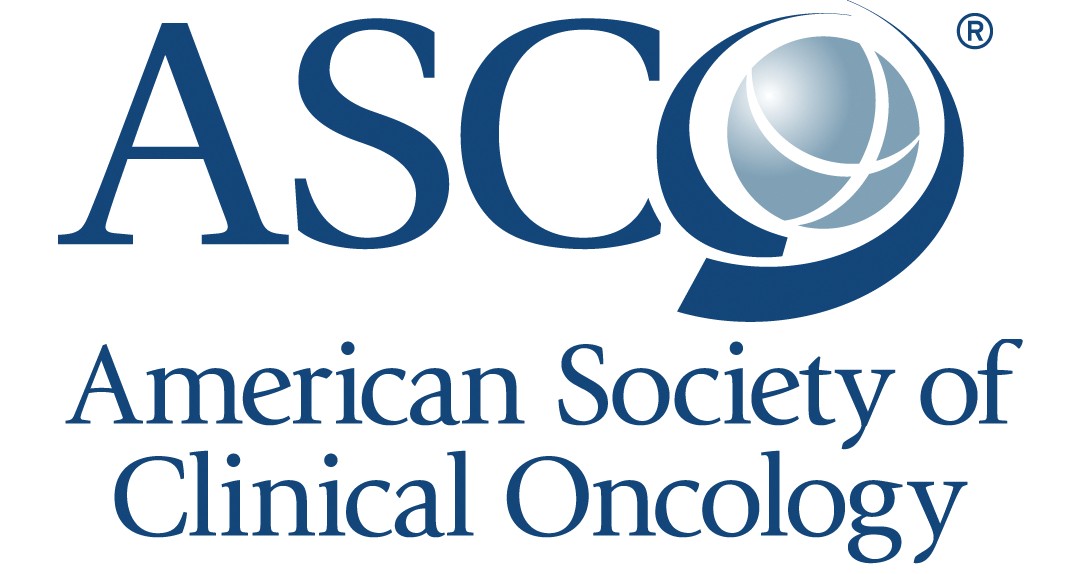Share this Page:
The results of this open-label pilot study were presented at the American Society of Clinical Oncology (ASCO) 2019 annual meeting in Chicago earlier this week. The study investigated the use of neoadjuvant (before surgery) immunotherapy in patients with metastatic renal cell carcinoma (RCC).
One hundred and five patients with metastatic RCC were randomised to receive nivolumab, nivolumab plus bevacizumab, or nivolumab plus ipilimumab, followed by cytoreductive surgery or biopsy. After surgery, they received nivolumab maintenance therapy for up to 2 years to determine biological and clinical activity.
Best overall response was 55%, 44%, and 43% for nivolumab, nivolumab plus bevacizumab, and nivolumab plus ipilimumab, respectively. Median progression-free survival was 14.5 months, 7.6 months, and 7.5 months, with 1-year overall survival of 86%, 73%, and 83% for nivolumab, nivolumab plus bevacizumab, and nivolumab plus ipilimumab. After surgery, the best overall response rates were 86%, 88%, and 69% and the 1-year overall survival rates were 100%, 94%, and 92% for nivolumab, nivolumab plus bevacizumab, and nivolumab plus ipilimumab, respectively.
Severe or life-threatening adverse events related to treatment occurred in 38%, 42%, and 47% of patients receiving nivolumab, nivolumab plus bevacizumab, and nivolumab plus ipilimumab, respectively.
These results demonstrate the safety and benefit of immune checkpoint therapy followed by surgery in patients with metastatic RCC. The authors highlighted the need for a larger phase III trial.















